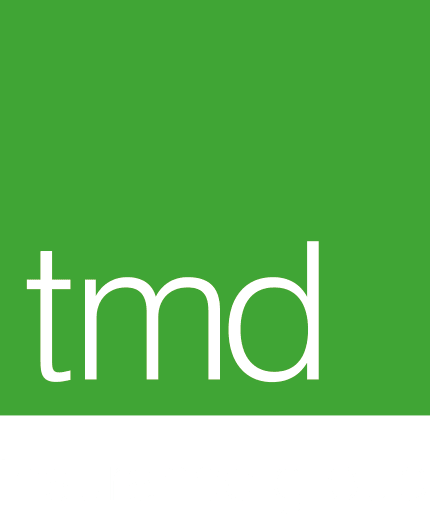Advice for fleet managers when arranging insurance

In today’s increasingly volatile and fast-changing world, many different factors affect the fleet market, with new and emerging risks continually appearing. Here, we take a look at how fleet managers can help manage costs and improve their risk profile by following a few basic guidelines regarding the information they provide when arranging insurance.
Basically, when arranging or renewing insurance, it’s essential to supply full vehicle details and the correct valuation for fleet and motor adjustments, as well as keeping the MID up to date with any vehicle changes. With insurers often asking for additional information, particularly when considering new risks, it’s important to allow enough time when arranging insurance or renewal.
Basic information
The basic information required includes make and model of vehicle, vehicle engine size, registration number and value. If it’s a commercial vehicle, you may need to supply its gross weight and advise whether it’s been modified - for example, if it’s sign-written or has special racking fitted.
You need to advise the insurer of any drivers with serious driving convictions and bans, so it’s advisable to carry out regular licence audits and photocopy all your drivers’ licences at least once a year. It’s also important that your drivers understand they are only insured to drive vehicles noted on the policy. It doesn’t cover them to drive other cars.
MID requirements
The government’s Motor Insurance Database (MID) stores the details of every insured vehicle in the UK, and is used by the police to identify uninsured vehicles via the Automatic Number Plate Recognition (ANPR) cameras, fitted on most police cars. This enables the police to check on the insurer and who is named to drive the vehicle.
As such, it’s a legal requirement to update the MID with any additions or deletions to your fleet. While some insurers may do this for you when you notify them of any changes, it’s legally up to you to ensure your vehicle details are correct at any time. Although you have seven days from the date you take delivery of the vehicle to update the MID.
Guidelines
There are a number of steps you can take to help improve your risk management and pricing. These include:
- Provide analysis of claims trends to help the insurer with pricing
- If you’ve had any large claims, give details of any improvements implemented
- Invest in targeted risk prevention training to help improve driver behaviour
- Give details of business improvement initiatives in which you’ve invested and the cost benefit
- Agree a claims protocol
- Explain future plans for growth or reduction, as either can influence pricing
Talk to TMD
Our business is your protection, which means finding you the optimum cover at the best price. As your broker, we are always on hand to help and assist you, so please get in touch if you have any questions or require assistance in arranging or renewing your fleet insurance. Either call us on 01992 703 000 or email insurance@mcdonaghs.co.uk
Article written by – Penny Malloura, Commercial & Claims Manager

